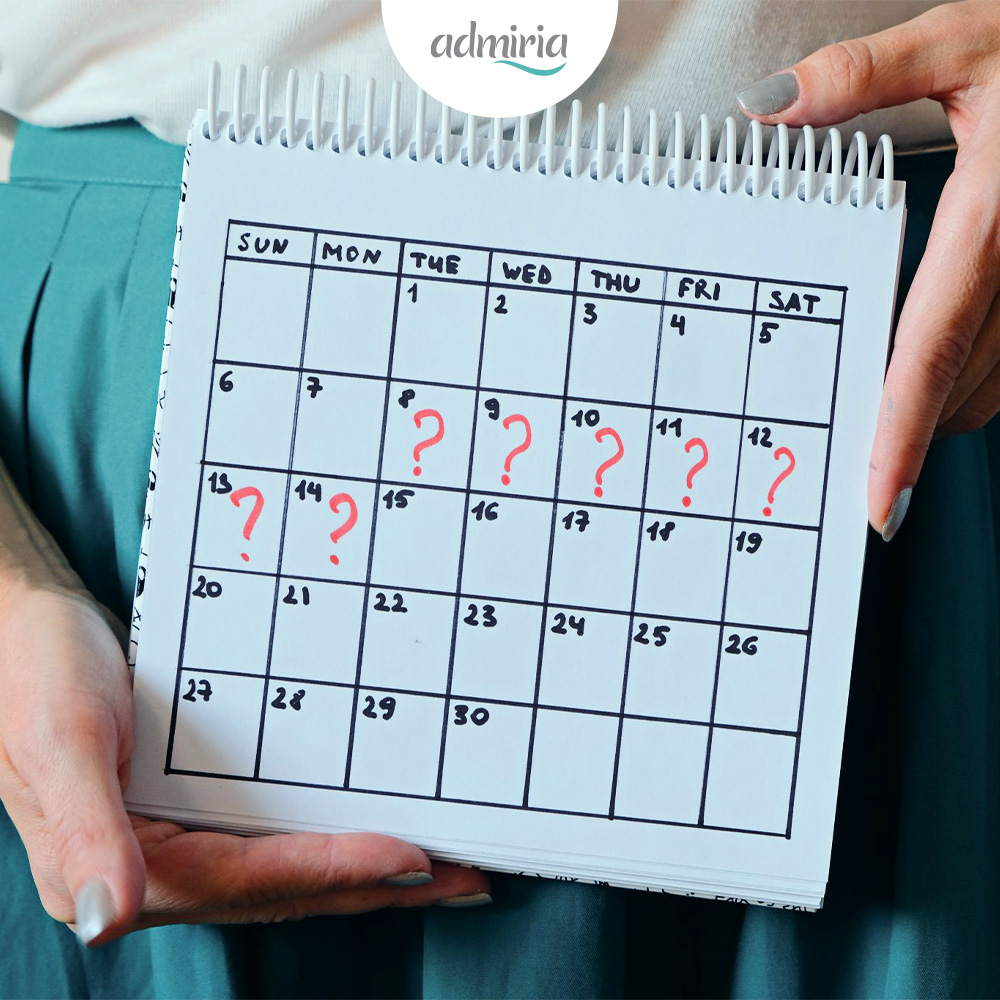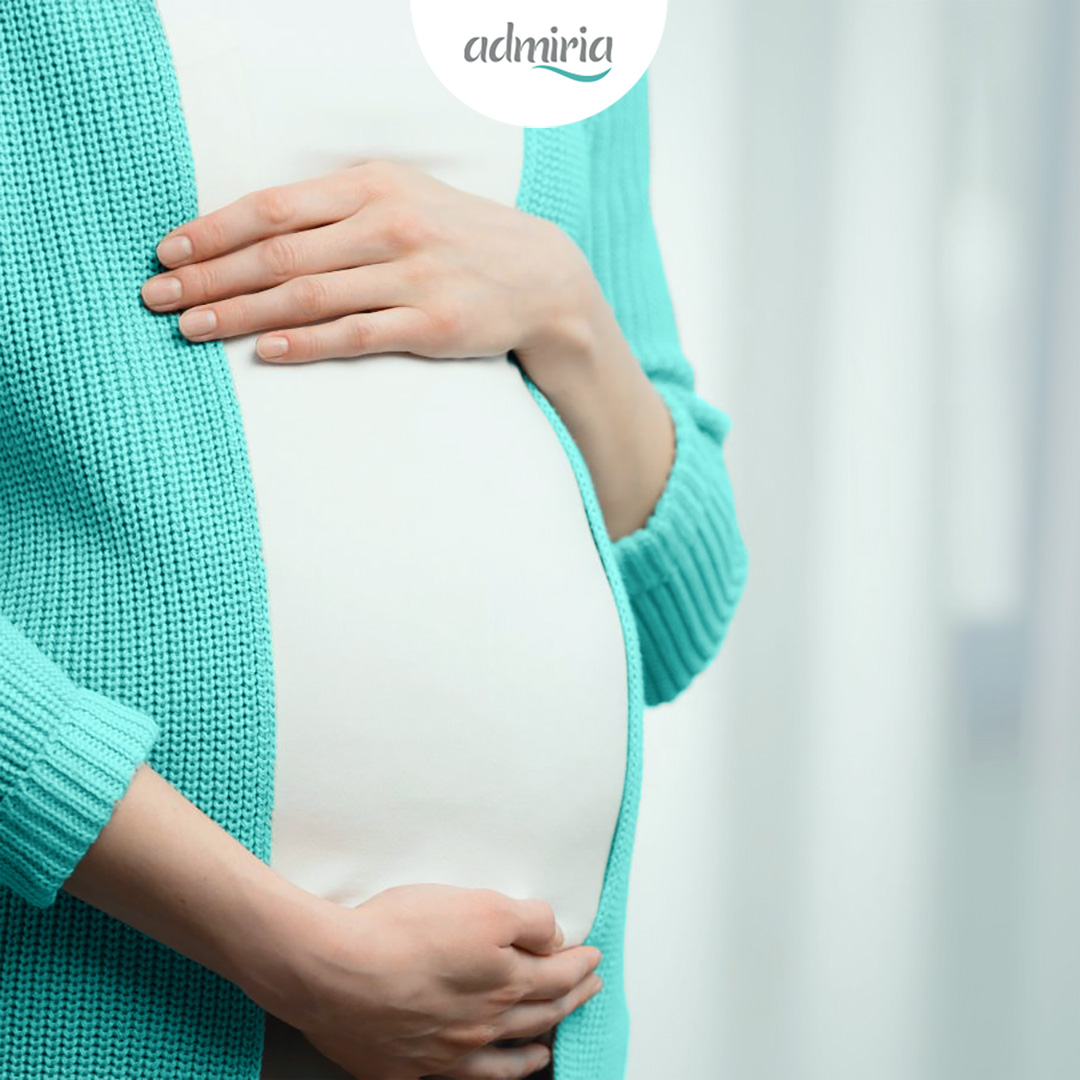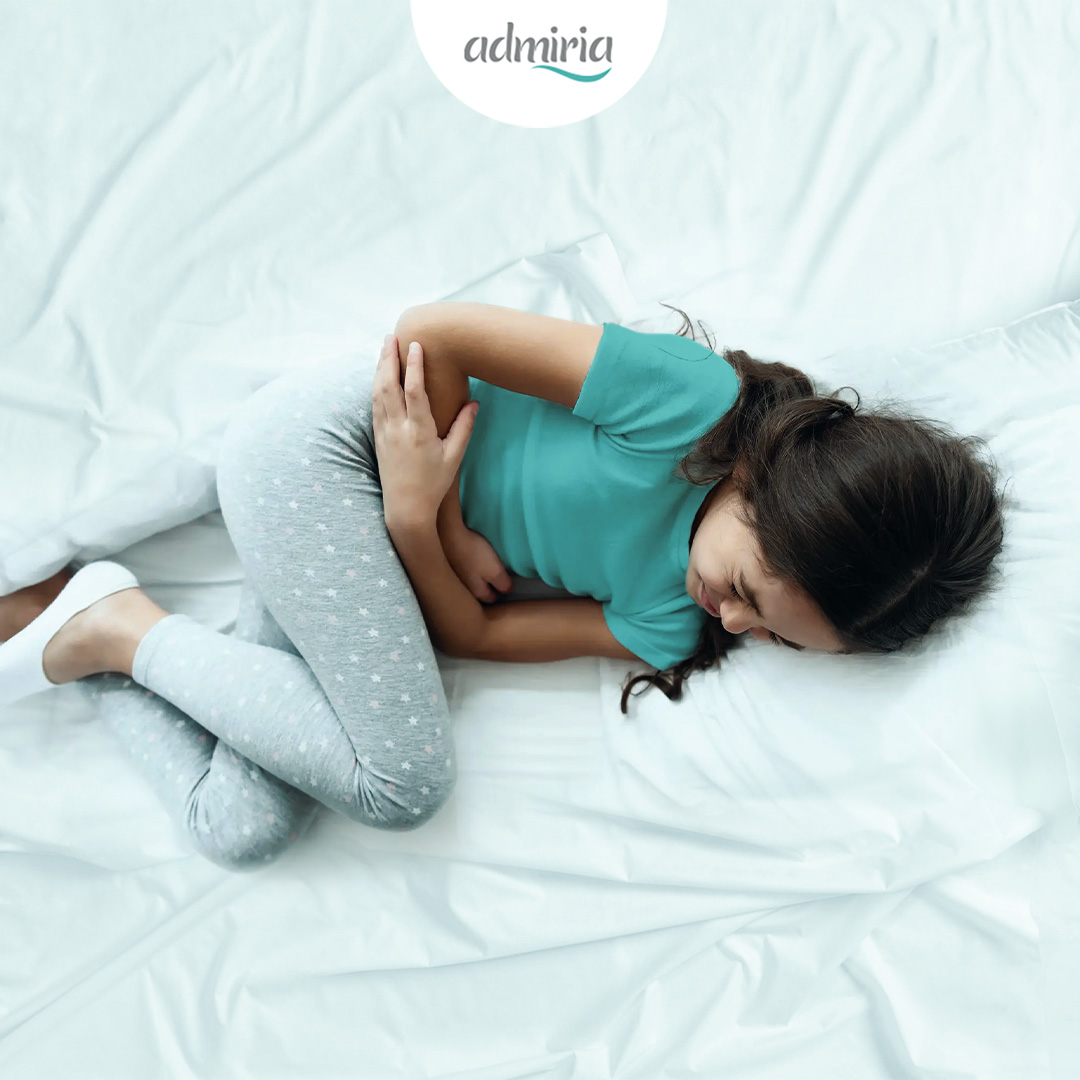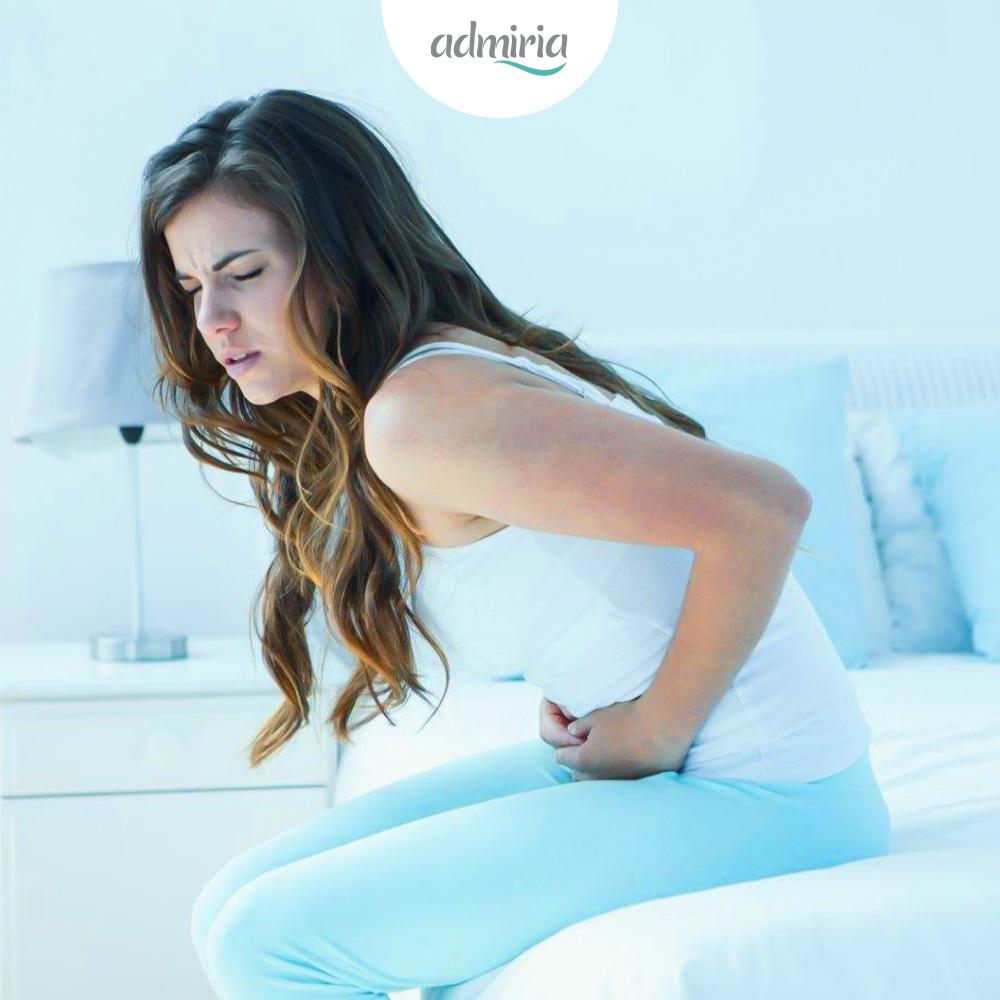
Last Update: 24 June 2024
Causes of Late Period
There are many reasons why a woman’s period may be late, or her period may stop altogether. Some women always have irregular menstrual cycles and their periods may occur earlier or later and their intensity may be different each time. In this article, we intend to tell you what is the cause of late period and then we will discuss its symptoms and ways to treat it.
Causes of late periods other than pregnancy
The most common causes of late periods, other than pregnancy, can be the following:
• Pressure
• Sudden weight loss
• Overweight
• Doing too much exercise
• Taking birth control pills
• Menopause
• Polycystic ovary syndrome (PCOS)
• Genetic problems
• Hormonal problems
The question is, are there other reasons that cause the period to come late? What diseases affect period to come late? Sometimes periods may stop due to conditions such as heart conditions, uncontrolled diabetes, hyperthyroidism, or premature menopause.
What is menopause or cessation of menstruation?
Menopause or cessation of menstruation indicates the end of women’s reproductive years. After menopause, a woman cannot get pregnant, except in rare cases when she uses specialized fertility treatments. Most women experience menopause between the ages of 45 and 55 as a natural part of biological aging. Of course, menopause can also occur as a result of surgery or medical procedures.
Basically, the process of menopause is caused by the loss of the function of the ovarian follicle and the decrease in the level of estrogen in the blood circulation. The first time menopause symptoms are observed is called menopause message. Menopause can be gradual and usually begins with a change in the menstrual cycle. Perimenopause can last for several years and affect physical, emotional, mental, and social health.
How many days delay in menstruation is normal?
To answer the question that how many days delay in period is normal; maybe it’s better to first explain to you how to diagnose a delayed period?
There is a rule of thumb that says if the period is 5 days late, you should consider it a delay. But if it is between 1 and 4 days earlier or later, it is considered normal. Delay in period should not cause your immediate concern because changes in menstruation from month to month can occur for various reasons. Here we will tell you when delay in period can be dangerous.
When is delay in period dangerous?
Weight changes or stress can affect your menstrual cycle. But if menstruation occurs several weeks late, it may indicate an underlying disease. Of course, before you worry about the disease, it might be a good idea to take a pregnancy test. If the pregnancy test is negative and 6 weeks have passed without bleeding, you must see a gynecologist.
Delayed periods and white discharges
White vaginal discharges, muscle cramps and delayed menstruation are all signs of pregnancy, although they can also be signs of a late period or other diseases.
If you have white vaginal discharges but no other symptoms, it is most likely part of your normal menstrual cycle. However, if the discharges smell bad, you may have an infection such as bacterial vaginosis or a yeast infection.
Delayed periods and back and abdominal pain
Users have asked questions regarding the delay of period accompanies with back pain or other cramps which we will answer them here:
Why do I have abdominal cramps but I don’t get my period?
This sign indicates that you are probably pregnant. However, there are other conditions that can cause these symptoms. Other symptoms that confirm your pregnancy include vaginal spotting, white vaginal discharges, back pain, nausea, vomiting, dizziness, fainting, and breast pain. If you don’t have the above symptoms or your pregnancy test was negative, it may be one of several other diseases such as pelvic inflammatory disease (PID), endometriosis, uterine fibroids or polyps, polycystic ovary syndrome (PCOS), irritable bowel syndrome (IBS) or cancer. Of course, other reasons can cause muscle cramps without periods, including stress, taking birth control pills, ectopic pregnancy, tumor or blockage in the fallopian tubes, miscarriage, ovarian cysts, sexually transmitted diseases, thyroid problems, use of birth control devices, Chemotherapy drugs, antidepressants and other drugs. If you are concerned that your cramps are not going away or are getting worse, see your gynecologist.
I have back pain, my period is 8 days late, and my pregnancy test was negative. What could this indicate?
It is suggested that you do the Beta HCG test or wait a few more days until you get your period, after that you can do an ultrasound to make sure you don’t have other diseases.
The cause of delayed periods and enlarged abdomen
Stomach pain and cramps during pregnancy are usually different from menstrual pain and cramps. Abdominal cramping and pain during pregnancy caused by the stretching of your lower abdominal ligaments to prepare for the growing uterus. When this happens, you may feel discomfort or pain, especially on one side, in the lower abdomen.
Late period with IUD
About half of the women having hormonal IUDs stop having periods. Some other women have irregular or light periods. If you haven’t had a period for a long time and then suddenly have a period, you should see a doctor.
What medicines cause the period to come late?
Are there other medications that can delay or affect your period?
Yes, there are some medications that can cause changes such as delay in periods, which include the following:
• Aspirin and other blood thinners
• Non-steroidal anti-inflammatory drugs (NSAIDs)
• Hormone Therapy
• Thyroid medications
• Chemotherapy
• Certain antidepressants
In some cases, this delay in period may be just a side effect of your medication or a sign that you need a different medication or dosage. So, if you are taking any of these medications and there is a change in your menstrual cycle, talk to a gynecologist.
Complications of delayed period
Delayed periods or amenorrhea can cause problems for several periods, such as:
• Infertility and pregnancy problems
• Psychological stress
• Osteoporosis
• Cardiovascular diseases
• Pelvic pain
When should we see a physician?
Beta HCG blood test can confirm whether you are pregnant or not from the very first day of late period. If you have any of the following symptoms and your period is late, it is important to see a gynecologist as soon as possible:
• Severe pain
• Vomiting and nausea
• Dizziness
• High fever
• Pressure in the lower abdomen
If you are not pregnant and your pregnancy test is negative and you have not had a period for more than 3 consecutive periods (3 months), see a doctor. Also, if your period has stopped before the age of 45 or if you are still bleeding after the age of 55, you should see a general practitioner.
Doctor’s diagnosis
Doctors may ask you about the following:
• Medical history of you and your family
• Your sexual history
• Any emotional problems that you have
• Any recent changes in your weight
• The amount of exercise and movement you do
General practitioner may advise you to wait to see if you get your period on its own. In some cases, he may suggest treatment for your period. Of course, your general practitioner may refer you to a gynecologist or endocrinologist according to your problem.
A specialist physician may also prescribe a blood test for the level of hormones. Also, an ultrasound scan, CT scan, or MRI scan may be prescribed to identify any problems in the reproductive system or the pituitary gland in your brain.
Treatment of late period
If the test results show that a problem has caused your period to be late, the physician will give you different prescriptions depending on the type of disease, for example:
If the cause is polycystic ovary syndrome, you may be advised to use birth control pills or progesterone hormone pills.
If the cause is premature menopause (premature ovarian failure), it means that the ovaries no longer work normally. In this case, hormonal drugs are usually recommended. Treatments may include birth control pills or hormone replacement therapy (HRT).
If you have an overactive thyroid gland, you may be given medication to prevent the production of too much thyroid hormone.
Home remedies for late periods
How to have regular menstruation naturally? There are many home remedies that can help ease your period. Here are some of them:
1- Practice yoga
Practicing yoga 35 to 40 minutes a day, 5 times a week, may help regulate hormones and menstrual cycles. Yoga may also help reduce premenstrual symptoms.
2- Maintain your appropriate weight
Being overweight or underweight can cause irregular periods. If you want to have a healthy weight, you can talk to your doctor about exercise and nutrition programs.
3- Exercise regularly
Exercise can help control weight, which in turn may regulate menstrual cycles. It may also reduce the pain before and during the period.
4- Use cinnamon in your food and drinks
Cinnamon may help regulate menstrual cycles, reduce bleeding and menstrual pain.
5- Take vitamins
Vitamin D deficiency may cause irregular periods. Taking a daily vitamin D supplement can help regulate the menstrual cycle. Also, taking vitamin B helps reduce PMS symptoms and regulate the menstrual cycle.
6- Drink apple vinegar daily
Drinking 1.8 cups (15 grams) of apple vinegar per day may help regulate menstruation in people with PCOS.
7- Eat pineapple
Pineapple is believed to help regulate menstruation, although there is little scientific evidence to support this claim. But the enzyme in pineapple (bromelain) may help relieve some PMS symptoms, such as muscle cramps.
8- Ginger
Ginger causes uterine stimulation and uterine contractions. It may also have anti-inflammatory properties and according to a 2015 review, it is used to treat stomachache and menstrual pain.
The easiest way to consume it is to make ginger tea. To use this method, peel a piece of fresh ginger and boil its leaves in a pan of water for 5 to 7 minutes. If needed, sweeten the tea with sugar or candy before drinking.
Taking the emergency contraceptive pill has never been a sure way to prevent pregnancy and its result is 50%! But in general, since the emergency contraceptive pill can affect the length of your menstrual cycle, it is normal for your period to occur about a week later or earlier than usual. But if it’s more than a week later, or even though 3 weeks have passed since taking the pill, and you haven’t had your period yet; you are probably pregnant.
We hope that in this article we have answered all your questions about late periods. If you feel that there is something that we have not mentioned here and you still have questions, please write it to us in the comments section.
 Admiria
Admiria 


